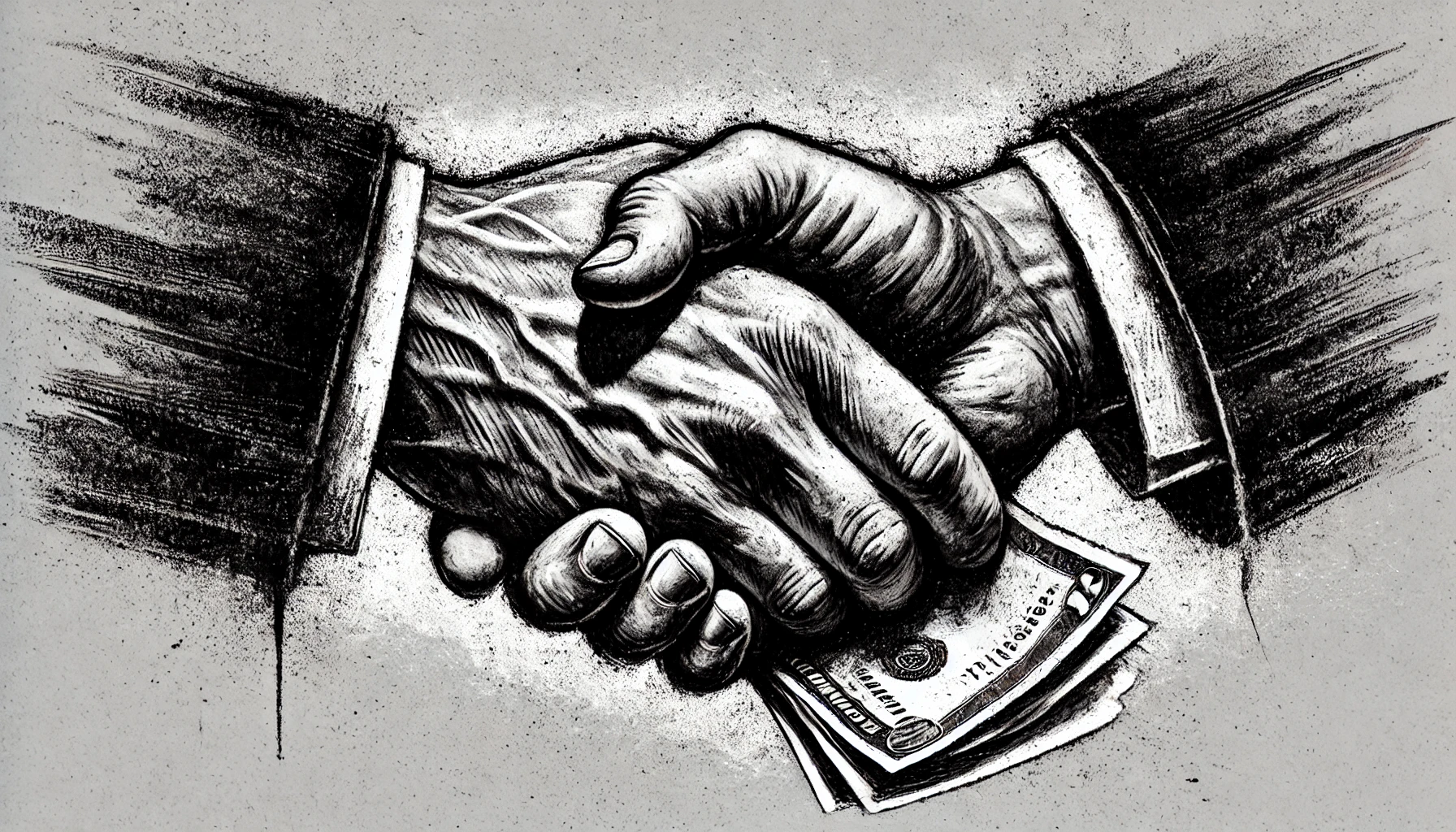Business
What Is Greenwashing - And How to Build a Truly Sustainable Business

Going green isn’t a wash job, it’s a messy process – get honest about it.
How To Build A Sustainable Business
Anyone plugged into reality knows the world is messy and, as far we know, devoid of fairy godparents who fix things with a finger click. Getting sustainable is no exception.
So where to start? Well, as basic as it sounds, Oscar Langoulant, We Assist Co’s co-founder, says the first step is to be real. “You want to be authentic. People will find you out if you’re inauthentic and disingenuous.”
Whether your brand is still in its infancy or already established, it’s crucial to know where the business is heading and to be firm with your values, he says. Get them good and baked in.
“You’re trying to elevate the world and you’re trying to elevate yourself – to create financial freedom for yourself and your family and your community,” Oscar says.
Sustainable business is about building a business with products or services which positively impact the consumer, community and the environment, he adds.
What Is Greenwashing?
Every product involves evolution, especially when it comes to sustainability. Doing this at a surface level – like changing cotton to be organic, or using a paper package for shipping instead of a plastic one – is called greenwashing.
Marketing an eco-fad doesn’t make a brand sustainable. Moreover, Oscar says, it’s scrappy.
“We’re just going to make a better product.”
To create something nicer, more thoughtful, better quality and kinder to the environment – that’s the real objective. “It takes greenwashing out of the whole frame.”
How To Source Sustainable Products
In product development, mapping an evolutionary path starts with finding workable price points and sales targets that are underpinned by research.
“You put the price to a certain point where you know you’re going to be able to evolve the product, and then the margins start dropping because you’re buying larger volumes,” Oscar says.
Those price points can’t be built on exploitation, whether it be of the earth or of workers.
“Producing a high quality item includes quality raw materials,” Oscar says.
Part of manufacturing superior products means rising above our cultures' proclivity to value cheapness over quality. “If you push the price down with manufacturers, you end up making concessions and that’s what got us to this crisis point– pressuring manufacturers to produce faster and degrade workers or the environment.”
There’s an element of bravery here: “Of being genuine - the product costs what it costs,” Oscar says.
“Yes, you might have diminished returns to start, but if you build your foundations ethically and sustainably, or build a process of how you will get to full sustainability… and you’re relentless in your approach to that, then once you get there you’ll probably see you have market acceptance and you’ll start seeing return on investment faster than you expect.”
Why Build Sustainability in Business?
Consumers today, especially younger generations, simply don’t want to continue buying the same harmful products that got our planet into its cruddy crisis.
Be that as it may, the cold hard truth is that sustainability remains the exception rather than the rule. So using fully sustainable and recycled materials is usually more expensive, at least at the start.
The sunny side of this rather grim fact is that using them will give your product or service a real point of difference, one that will only increase in value over time. “Once you’ve established yourself as a leader, then you will see the return on investment,” Oscar says.
Optimising Supply Chain.
Evolving a product is done through the supply chain. This complicated and rather arduous place is where sustainability truly lives (what can we say, the truth isn’t always sexy).
Supply chains are how you get your product built, however, managing to make them sustainable can be something of a rabbit hole – you’ve got to plunge to murky depths before you hit ethical ground.
This said, it’s absolutely worth it. According to research from Ivalua and Procurius, the top strategy sustainable businesses use is collaborating directly with suppliers and manufacturers.
Who Can Help?
This is where We Assist Co comes in. To start a business, you’ve got to understand what's bad, what’s good, and, most importantly, how to improve. That knowledge comes from investigating, knowing what to investigate, and ultimately how to manage supply chains and build fruitful relationships with manufacturers.
It starts with researching the market. What options are available, non-toxic and innovative? What hasn’t yet hit the market? “Our approach" Oscar says, "is to have a really wide market understanding, which gives you a wonderful competitive edge - not only in understanding your competition, but in the progression of leading the market in your own lane".
“We don’t just find a manufacturer and ask to look at their catalogue. We ask about the materials: what are the options? How many do I need to buy to use alternatives? Have you ever used alternatives? What are the raw materials options?"
“If they don’t know, then maybe they’re not our manufacturer and we keep going through and making large databases of manufacturers who are innovating and using the right materials".
Finding the right manufacturers for your supply chain is absolutely critical for a businesses efficiency and sustainability targets.
"We look for manufacturers who are communicating in a manner where they’re likely to help us with different raw materials or processes, like evolving their machinery and experimenting.”
“You’re putting these questions into the way you’re doing business all the time, and it’s programmed into your team that these questions must be answered".
“Unless you’ve done that research, unless you’ve done it 100 times, it’s time consuming. That’s what We Assist Co has done: we’ve done it countless times on a huge variety of products.”
Communicate Sustainability to Your Customers
Let's return to the heart of the issue: the fact that developing a green business is a journey.
Journeys take time, honesty and bravery. “We research the shit out of it and we get to the point where you can understand the impact you’re having,” Oscar says.
We Assist Co, Oscar points out, is not just trying to take the toxins out of supply chains, it’s also trying to give brands an opportunity to not have a toxic experience with their customers.
“Consumers now have much more ability to research.” Likewise, the information consumers need to make informed decisions is becoming more readily available by the day. Regulations around greenwashing are ramping up, international sustainability boards are being founded, and more groups are devoting resources to discovering how credible companies’ sustainability claims truly are.
“Yes, you might not be 100% eco yet,” Oscar says. “But we can guide you on how to improve.” This sets a path to production that is truly sustainable for both the natural world and the business itself.
“We’re trying to make everyone money but we’re trying to do it without hurting others. That’s what our product stewardship is.”
The Bottom Line.
Curious to find out how you can make your product or supply eco-friendly and more sustainable? Use the contact form below to get in touch for a complimentary procurement consultation!


